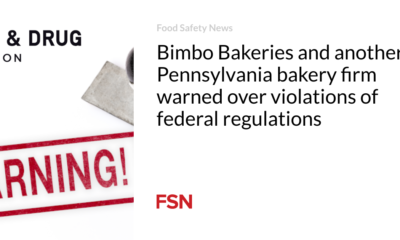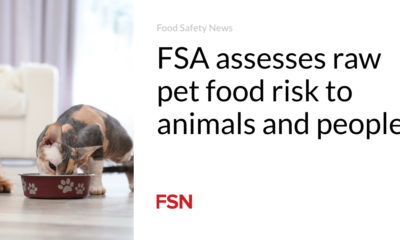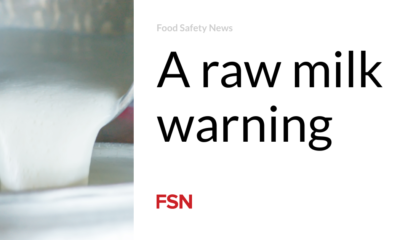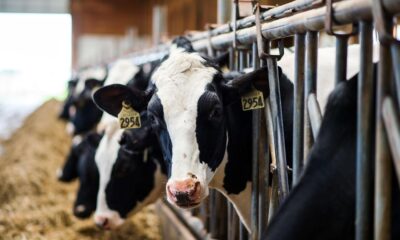Food
Judge opens territory outside Pennsylvania to Amos Miller’s unpasteurized raw milk
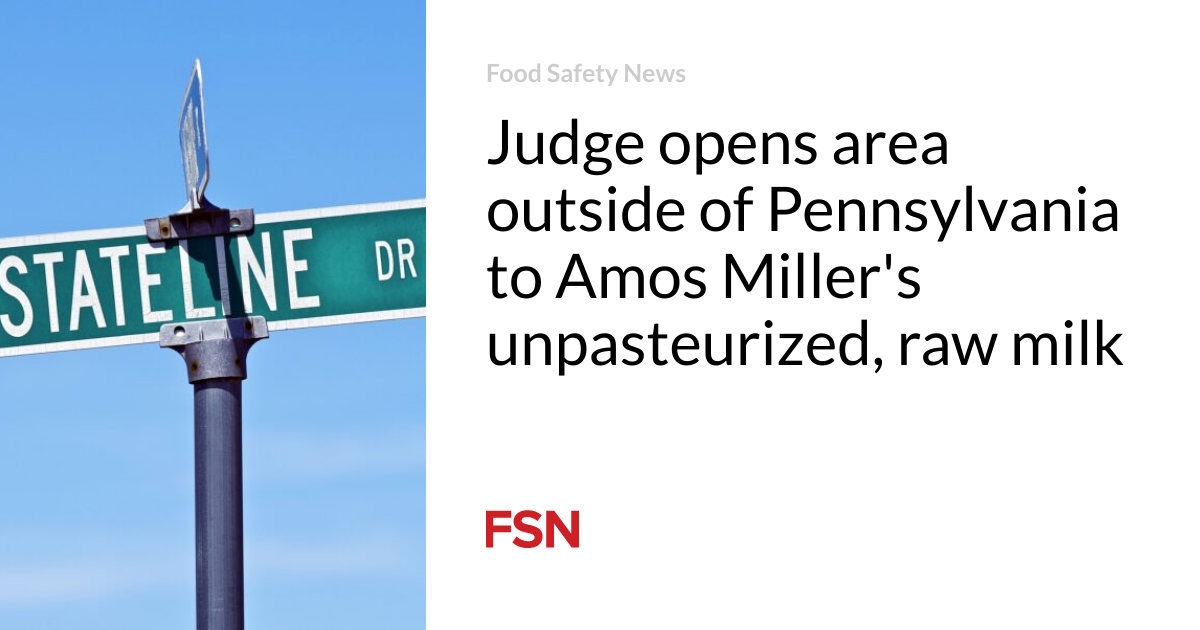
The Lancaster judge overseeing the civil lawsuit against Amos Miller has decided not to explicitly restrict the Amish farmer’s out-of-state sales, saying he won’t call Miller out on the ambiguous nature of Pennsylvania law.
The result is that Miller may have the freedom to sell his Pennsylvania-produced raw milk outside the state.
County Judge Thomas Sponaugle’s ruling in Pennsylvania Department of Agriculture (PDA) V. Amos and Rebecca Miller came after a round of defense arguments by the Millers’ attorneys, Bradford L. Geyer and Robert E. Barnes.
The judge sought to clarify his March 19 order, which banned Miller’s sales in Pennsylvania, but not beyond its borders.
PDA had asked the court to draw a circle around Miller’s raw milk and prevent it from moving to out-of-state distribution.
It’s not something the state is likely to agree with, but it does show how far apart the Millers and their state are. The judge said the “court should not hold the above ambiguity against the defendants.”
It is not known how many out-of-state customers are Miller customers. Some estimate his customer base at 4,000 to 5,000. How helpful the new order will be to Miller is also unknown, as he signed a federal consent decree last year pledging to comply with several federal food safety statutes.
Under federal law, it remains illegal to sell raw milk across state lines.
Miller landed on PDA’s radar screen on Jan. 23, when farm-bought eggnog was linked to foodborne illness in New York and Michigan. That’s when the PAR discovered that Miller was doing business without state licenses and permits.
Pennsylvania is a raw milk state with about 115 licensed facilities, which masks the state’s issue with Miller, who must routinely obtain paperwork to do business.
Lawyers for the Miller’s had said: ‘The law is clear: it only applies to sales to Pennsylvania customers within the state. In contrast, the language the PDA wants to add – “of the Commonwealth” and “regardless of where customers live” – does not appear in the statute. It could also not exist constitutionally.”
“The food laws regulate access to customers in Pennsylvania because that is what the Legislature chose and what the Constitution allows them to do; the laws do not regulate the producers, processors, or possessors of food intended for export to markets outside the state,” it states. “Consider the absurd devastation wrought by the change in law that the PDA is asking this court to make – anyone traveling through Pennsylvania with food intended for sale out of state is now subject to the jurisdiction and restrictions of the PDA so that anyone traveling from West Virginia through Pennsylvania to another state with food intended for sale outside Pennsylvania may be stopped, searched, seized, fined, ordered, penalized and jailed. Food production, processing and transportation facilities for export outside Pennsylvania – which employ thousands of people in Pennsylvania – would now be banned overnight and awaken criminals. This is not what the legislature authorized, nor what the Constitution allows. Contrary to PDA’s claims, food intended for export is already regulated by Congress, as evidenced by defendants’ fifty years of lawsuits.”
(Click here to sign up for a free subscription to Food Safety News.)





